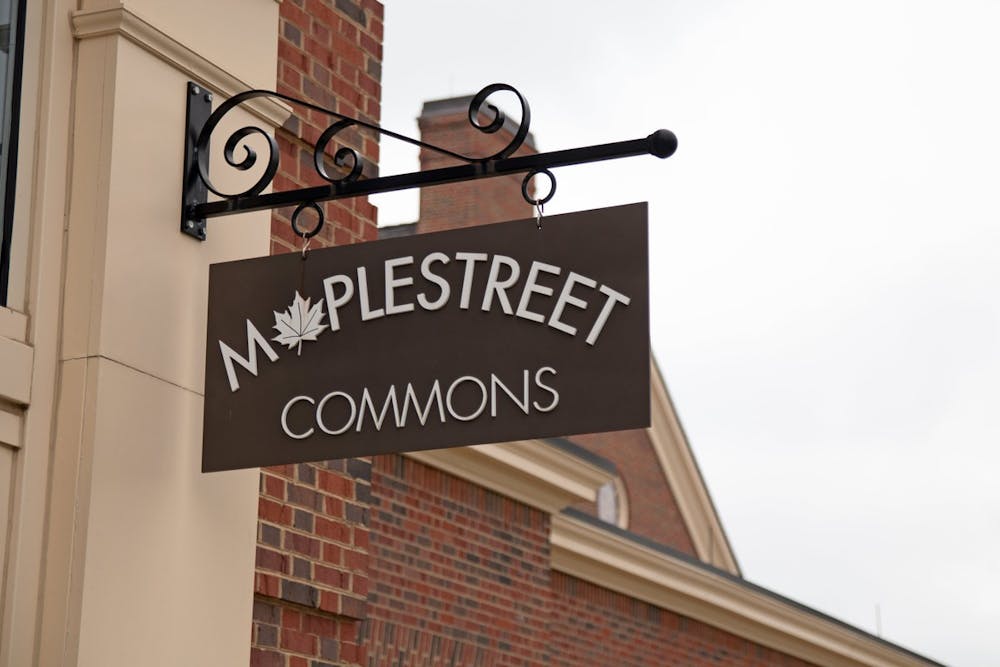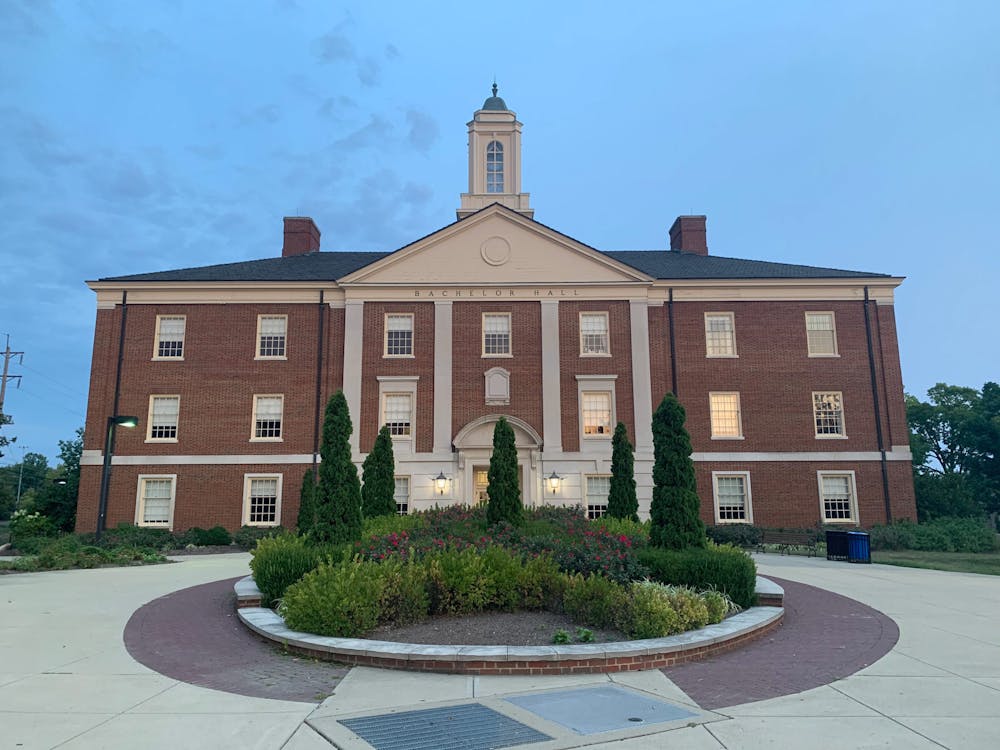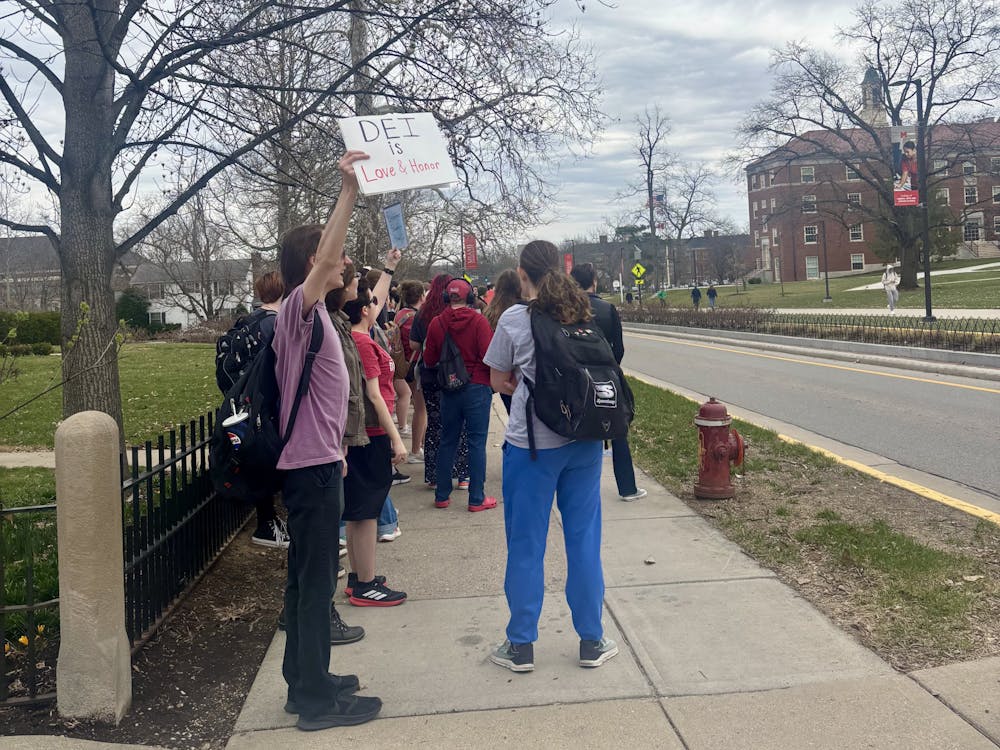Miami University students are constantly rushing between classes, clubs, jobs, social events, sleeping and eating. Lunch or dinner for students often means sprinting to their dining hall of choice and grabbing a quick meal between Zoom calls.
While balancing their busy schedules with brisk trips to the dining halls, many students may not have noticed how understaffed the halls are this year.
With a 40% reduction in the number of students on campus, COVID-19 has deterred the return of many student employees.
Hannah Prentiss, a junior political science major, has been working at Bell Tower Commons since October of her freshman year. She said dining halls struggled to cover shifts at the beginning of the semester due to the lack of students on campus.
“We were facing a shortage because we had literally eight students,” Prentiss said.
Abigail Pease, a sophomore computer science and Spanish major, has worked in Scoreboard (attached to Martin Dining Hall) since her freshman year. She also said she has felt the difficulties of this semester’s staff shortage.
“[The kitchen] always asks to borrow people, but sometimes there’s only one of us there,” Pease said.
Kasey McDaniel, a sophomore Spanish major who has worked at Maplestreet Commons since September of her freshman year, experiences stresses similar to Pease.
“We have a small handful of student workers, and that’s it,” McDaniel said. “All around, it’s kind of a mess.”
With less students being on campus to use the dining halls, lines are shorter, but students are having to wait longer for their quick bites. Also, employees are placed under more pressure, having to do more than their typical fair share.
Pease also noticed issues with Scoreboard’s scheduling, where employees pick the times of their shifts based off a spreadsheet.
“We do have gaps in the schedule where the manager has to come and cover because nobody’s there,” Pease said.
Enjoy what you're reading?
Signup for our newsletter
However, at Bell Tower, one of the dining halls recently used for the remain-in-room (RIR) students, Prentiss has had a different experience.
[Administration] shortened the length of time [dining halls are open], now we clean a lot more than usual,” Prentiss said.
Geno Svec, executive director of campus services, wrote in an email to The Miami Student that “we have seen a decrease in students applying for jobs but taking into consideration that campus has less students, we expected that.”
Getting used to the shortage will require the flexibility and patience of all current employees.
Maple has dealt with the shortage by closing some stations. McDaniel said stir fry, which used to be her favorite station to work, is closed due to the staff shortage.
Svec remains optimistic about the future for Miami’s dining halls.
“We will continue to recruit in local publications, online, radio, virtual job fairs, OhioMeansJobs, Facebook and on campus advertising,” Svec said.
Prentiss, Pease and McDaniel all intend to continue working in the dining halls and markets in the coming semesters.
Students interested in applying to work in the dining halls or markets can apply through Miami’s website.




